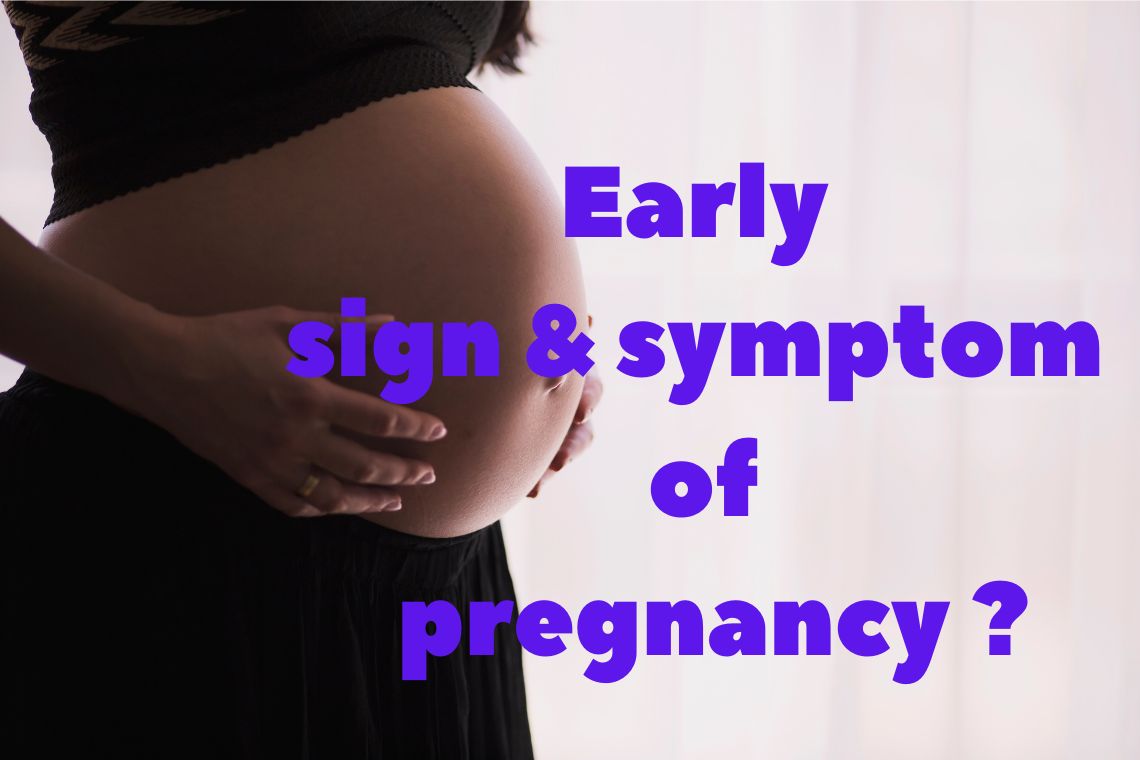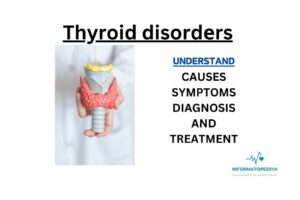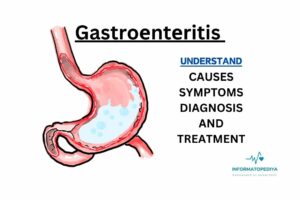
Understanding Early Pregnancy: Indications and Symptoms
Table of Contents
Introduction:
Pregnancy is a transformative journey in a woman’s life, marked by unique experiences and changes. Recognizing the indications and symptoms of early pregnancy is crucial for both expectant mothers and those planning to start a family. In this comprehensive guide, we will delve into the various aspects of early pregnancy, shedding light on the subtle signs that often go unnoticed.
History of Pregnancy Awareness:
Understanding early pregnancy symptoms has been a part of human history, with cultures across the globe developing their own methods to detect the onset of this life-altering event. Ancient civilizations relied on intuition, observations, and folklore to identify signs of impending motherhood. In today’s world, scientific advancements have allowed for a more precise understanding of the indications and symptoms associated with early pregnancy.
Key Indications of Pregnancy:
Missed Menstrual Period:
The most common and widely recognized sign of pregnancy is a missed menstrual period. This occurs due to the implantation of the fertilized egg in the uterus, preventing the shedding of the uterine lining.
Morning Sickness:
Nausea and vomiting, often referred to as morning sickness, can be an early indicator of pregnancy. These symptoms are attributed to hormonal changes and are not limited to the morning hours.
Breast Changes:
Hormonal fluctuations lead to changes in breast tissue, causing tenderness, swelling, and darkening of the areolas. These changes are noticeable early in pregnancy.
Fatigue:
Increased progesterone levels can induce fatigue in early pregnancy. Women may experience a sudden drop in energy levels, leading to a need for more rest and sleep.
Frequent Urination:
The growing uterus exerts pressure on the bladder, resulting in increased frequency of urination. This symptom is particularly common in the first trimester.
Food Cravings and Aversions:
Changes in hormonal levels may lead to unusual food cravings or aversions. While some women may develop a sudden liking for certain foods, others may find previously favorite foods unappealing.
Mood Swings:
Hormonal fluctuations can influence neurotransmitters in the brain, leading to mood swings. Women may experience heightened emotions, irritability, or sudden bursts of joy.
Sensitivity to Smells:
Increased estrogen levels can heighten the sense of smell, making women more sensitive to odors. Certain smells that were previously tolerable may become intolerable.
Light Spotting or Implantation Bleeding:
Some women may experience light spotting or implantation bleeding as the fertilized egg attaches itself to the uterine lining. This can occur around the time of the expected menstrual period.
Elevated Basal Body Temperature:
Tracking basal body temperature can reveal subtle changes that indicate pregnancy. A sustained increase in temperature may suggest successful implantation.
Conclusion:
Recognizing the indications and symptoms of early pregnancy is essential for timely prenatal care and a healthy pregnancy journey. By understanding these subtle signs, expectant mothers can embark on their prenatal experience with confidence. Always consult with healthcare professionals for accurate diagnosis and guidance.
Reference:
[Government Health Department – Pregnancy Awareness]






